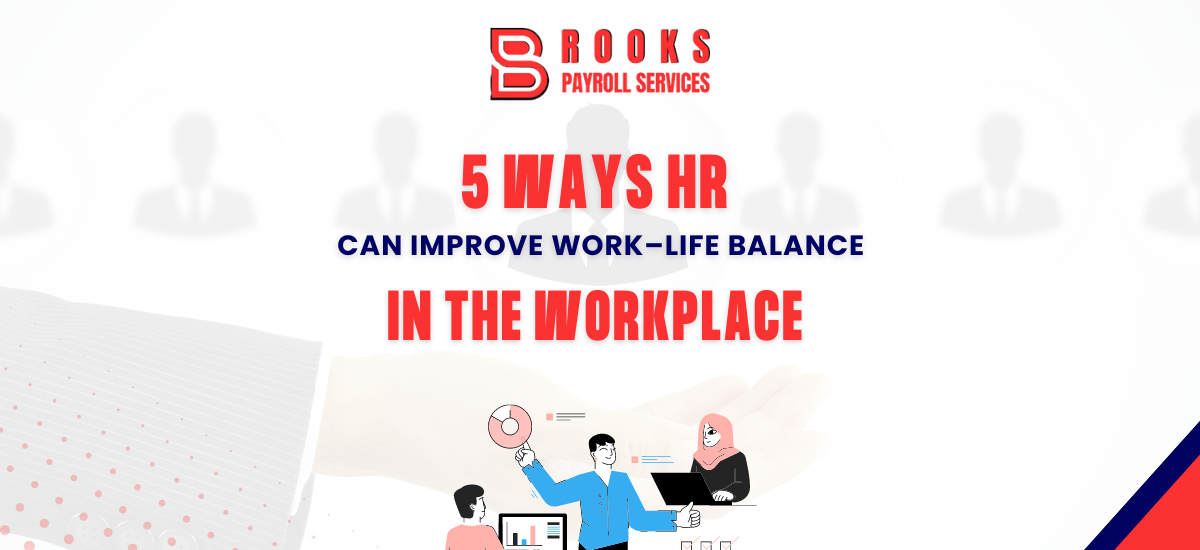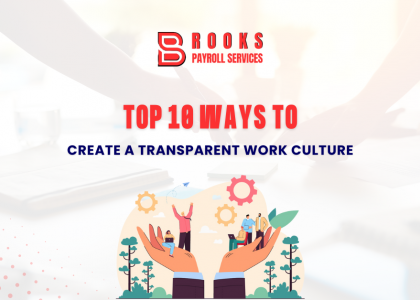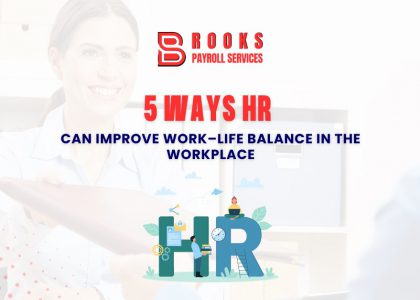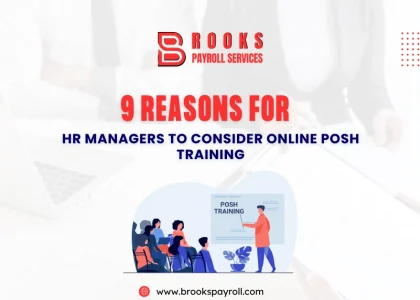Introduction
In today’s fast-paced work environment, achieving a healthy work-life balance is crucial for employee well-being and productivity. Here are five effective strategies HR departments can implement to enhance work-life balance in the workplace.
Flexible Work Arrangements
Remote Work Options:
One way to improve work-life balance is by offering remote work opportunities. Allowing employees to work from home, even if only part-time, can reduce commuting time and provide greater flexibility in managing personal responsibilities.
Flexible Hours:
Implementing flexible work hours can also contribute to a better work-life balance. By giving employees the freedom to adjust their schedules according to their needs, HR can help them better manage family obligations, personal appointments, and other non-work commitments.
Encouraging Time Off
Paid Time Off Policies
Adequate vacation time is essential for maintaining work-life balance. HR should ensure that employees are aware of their vacation benefits and encourage them to take time off to recharge and rejuvenate.
Encouraging Vacations
In addition to offering paid time off, HR can actively encourage employees to use their vacation days. By promoting the importance of taking breaks and disconnecting from work, HR helps employees prioritize their well-being.
Promoting Wellness Programs
Mental Health Support
Supporting employees’ mental health is crucial for fostering work-life balance. HR can implement programs such as counseling services, stress management workshops, and mindfulness sessions to help employees cope with work-related stressors.
Fitness Initiatives
Physical health is closely linked to overall well-being. HR can promote work-life balance by offering fitness programs, gym memberships, or on-site exercise facilities to encourage employees to prioritize their health and fitness goals.
Establishing Clear Boundaries
Setting Realistic Expectations
Clear communication and realistic goal-setting are essential for maintaining work-life balance. HR should work with managers to establish realistic expectations and deadlines, preventing employees from feeling overwhelmed by their workload.
Encouraging Unplugging After Work
Encouraging employees to disconnect from work-related communications after hours can help them maintain boundaries between work and personal life. HR can emphasize the importance of taking breaks and unplugging from technology to prevent burnout.
Offering Professional Development
Skill-Building Opportunities
Investing in employees’ professional development not only enhances their skills but also demonstrates a commitment to their growth and well-being. HR can offer training programs, workshops, and seminars to help employees expand their knowledge and advance their careers.
Career Advancement Support
Providing opportunities for career advancement can motivate employees and improve their work-life balance. HR should actively support employees’ career goals by offering mentorship programs, leadership training, and opportunities for promotion within the organization.
Conclusion
By implementing these five strategies, HR departments can play a vital role in improving work-life balance in the workplace. From offering flexible work arrangements to promoting wellness programs and supporting professional development, organizations can create an environment where employees feel valued, supported, and able to thrive both personally and professionally.
FAQs
- How can HR encourage employees to take advantage of flexible work arrangements?
HR can educate employees about the benefits of flexible work options and provide resources to help them transition to remote work or flexible hours. - What steps can HR take to promote mental health support in the workplace?
HR can partner with mental health professionals to offer counseling services, organize workshops on stress management, and create a supportive work environment where employees feel comfortable seeking help. - How can HR ensure that employees are taking sufficient time off for vacations?
HR can periodically remind employees of their vacation benefits, encourage managers to approve time off requests, and lead by example by prioritizing their own vacations. - What strategies can HR use to help employees maintain clear boundaries between work and personal life?
HR can provide training on time management and boundary-setting, encourage managers to respect employees’ non-work hours, and promote a culture of work-life balance within the organization. - How can HR support employees’ career advancement while still maintaining work-life balance?
HR can offer flexible career development opportunities, such as online courses or lunchtime seminars, and provide mentorship programs to help employees navigate their career paths without sacrificing their personal lives.










